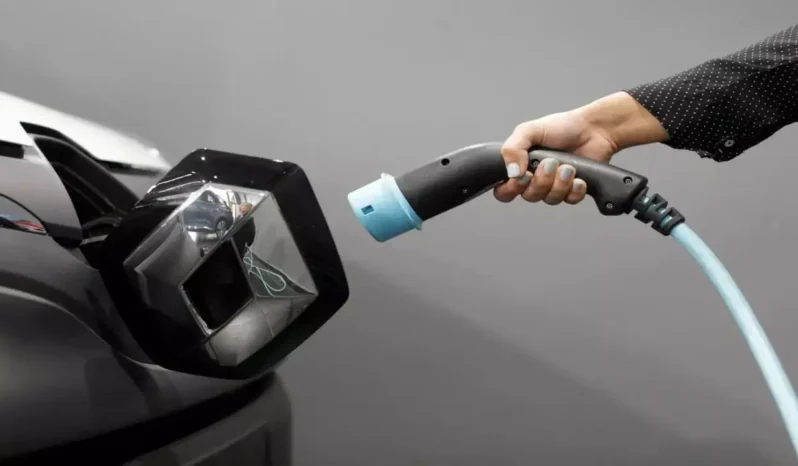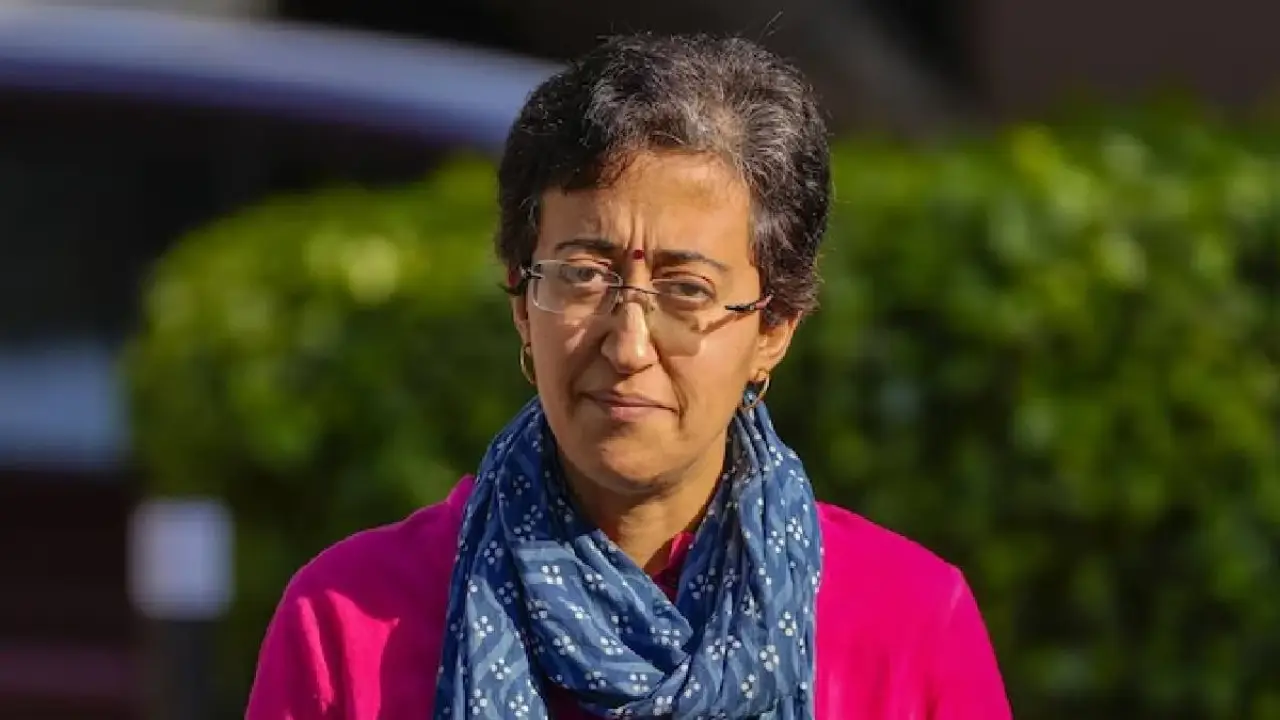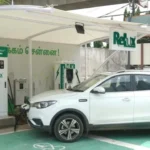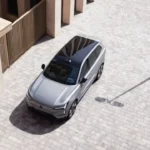The Delhi Government has further extended the Delhi EV Policy until March 31, 2025 with an aggressive intent to win the war against chronic air pollution in the city and boost green transportation. Chief minister Atishi announced the policy extension on November 28, 2024 while the city is battling levels of pollution that are dangerous in nature and thus needs prompt adoption of electric vehicles in the capital.
Why did Delhi Extend its EV Policy?
Delhi has always been on the list of the most polluted cities globally, and vehicular emissions are primarily responsible for the poor air quality in the city. From this perspective, the Delhi EV policy that began in the year 2020 has been focused on reducing the dependence on petrol and diesel vehicles with electric mobility. The policy had been quite promising, but its momentum had already begun to falter earlier, temporarily suspending the key incentives. With this extension, the Delhi government plans to revive public interest and reintroduce benefits to make EV adoption both accessible and appealing.
Expanded Features of the New EV Policy
Attractive Subsidies for Buyers
- E-Cycles: Subsidy of 25% up to ₹5,500.
- E-rickshaws and e-carts: flat ₹30,000 subsidy.
- Incentives up to ₹30,000 in two-wheelers, depending on the battery capacity.
- Electric Cars: ₹10,000 in purchase incentives per kWh of battery capacity for the first 1,000 electric cars sold in Delhi.
- Additionally, buyers will be exempt from road tax, making EVs significantly more affordable.
Ambitious targets for EV adoption
- Delhi has set itself an ambitious target of 25% electric vehicle registrations by 2024, compared with the current EV registration rate of 12%. All these numbers underscore the leadership of the city in a shift toward cleaner transportation.
Improved Charging Infrastructure
- To complement the rise in adoption of EVs, the government aims to increase public charging stations all over Delhi. The city aspires to have a charging station within 3 kilometers from every resident by 2025.
Speaking to the media, Chief Minister of Delhi Atishi Jain said that “EVs are a crucial part of the fight against pollution. The EV Policy is central to our fight against air pollution. I urge Delhi residents to take advantage of these subsidies and transition to electric vehicles.”
The road ahead: Challenges and opportunities
- Consumer Awareness: Public education plays an important role regarding the financial and environmental benefits of EVs.
- Charging Infrastructure: Gigascale growth in charging infrastructure will form a precondition to build mass confidence.
- Implementation Transparency: A direct transfer of subsidies in a timely manner-will itself help ensure transparency.
- This may challenge and set a benchmark for Delhi with other cities in India and globally in seeking a sustainable urban mobility pattern.
ELCTRIK Speaks
Delhi’s Road to a Greener Future It’s a sign of Delhi being serious about fighting pollution and embracing sustainable living if the Electric Vehicle Policy is further extended till March 2025. The policy puts back incentives, ambitious targets, and improved infrastructure, which makes the city come out as a leader for clean mobility. As an entity, together they can propel change. Let’s come together and breathe easier in Delhi and set an example for urban sustainability in India and across the globe.







